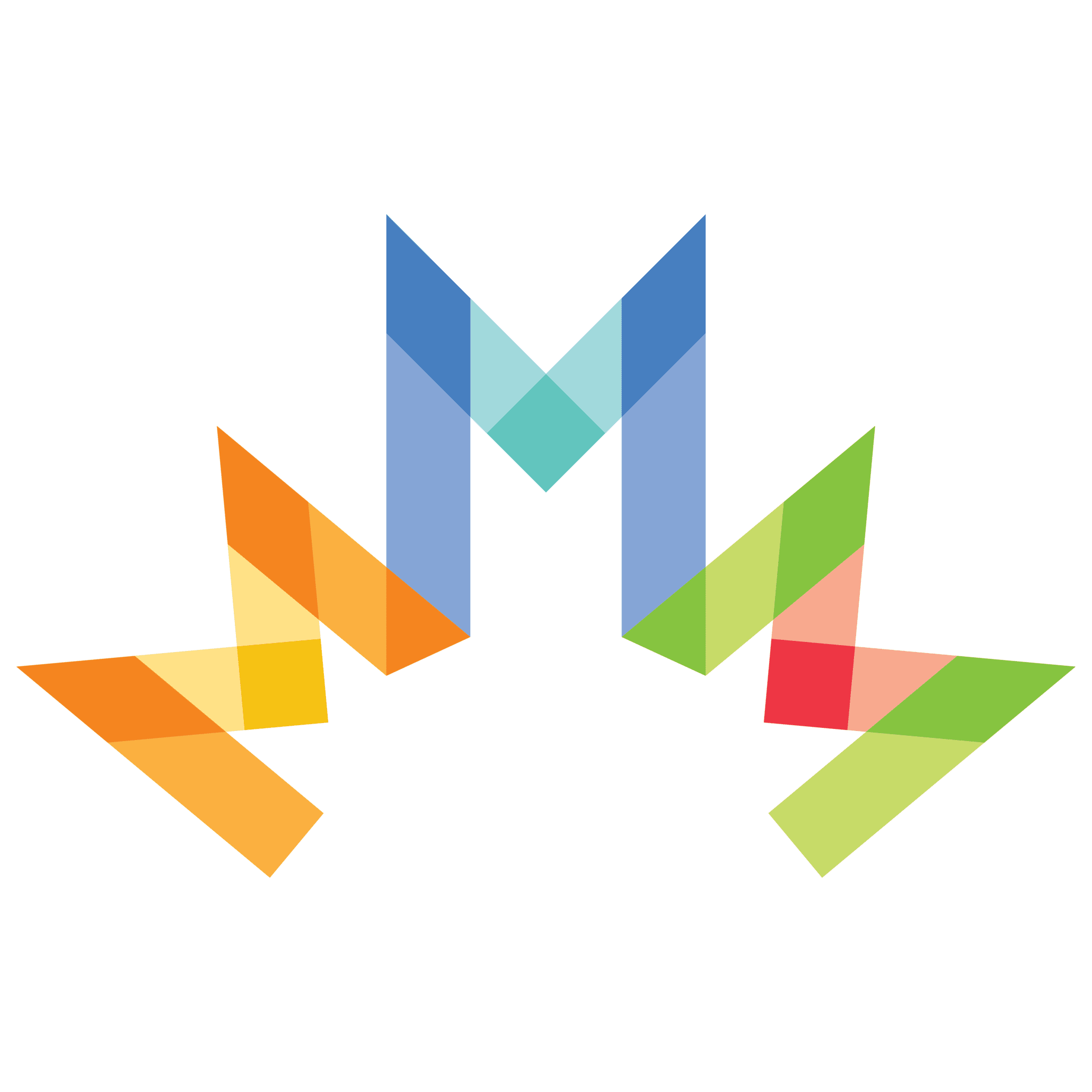At the invite of the Province of BC, MOSAIC participated in recent province-wide budget consultations sharing recommendations to improve labour outcomes for newcomers.
Olga Stachova, CEO of MOSAIC, presented to the Select Standing Committee on Finance and Government Services, making recommendations on two key areas that are considered critical for success:
- Re-skilling programs for newcomers
- Digital equity for vulnerable populations
Stachova noted that the most significant barrier lies in the inability to provide newcomers with on-the-job practice, as well as equip newcomers with Canadian experience, networks, and references.
“Newcomers in general are more likely to be in jobs that under-utilize their education, skills and experience,” she said. “The evolving COVID-19 pandemic will have a compounding effect on the unemployment rate of newcomers and their ability to enter and/or re-enter the labour market. Newcomers will face more competition for scarce job opportunities and find it even more difficult to obtain Canadian work experience.”
MOSAIC made the following recommendation:
“Create funding dedicated to newcomer re-skilling programs that newcomer serving organizations can design and deliver in partnership with employers and business associations. These should be driven by employer needs, combining technical training with training on Canadian workplace culture, and on-the-job training experience allowing employers to test-drive talent.”
Stachova also called upon the province to focus on digital equity, especially for vulnerable populations.
During COVID, we are witnessing “first hand that access to technology and high-speed internet, that many of us take for granted, is a major obstacle for newcomer communities,” she said.
Despite the importance of high-speed Internet, almost half of Canadian households with an annual income of $30,000 or less do not have access.
“We see, through our direct service to vulnerable clients, the challenge that lack of access to high-speed internet connection or a working digital device, coupled with low digital skills, and lack of fluency in English or French, can create in terms of accessing vital social programs and benefits.”
In order to help vulnerable populations access services, MOSAIC made the following key recommendation.
“We ask the Government of BC to create an inclusive digital strategy to ensure that the existing infrastructure can be leveraged towards the economic and social well-being of vulnerable populations. We recommend the expansion of the Connected Communities initiative that currently supports the digital readiness of rural communities to include urban areas and vulnerable communities in our cities. We recommend that funding is provided to social service and settlement organizations to partner with the for-profit sector in equipping vulnerable communities with the tools, skills and connectivity they need to succeed and thrive.”
After hearing from invited organizations and others through public hearings, surveys and other submissions, the Select Standing Committee on Finance and Government Services will present a report in August with recommendations that will be used to help set priorities for the 2021 provincial budget.
Read the entire transcript presented by Olga Stachova, CEO of MOSAIC, June 2, 2020 to the Province of BC’s Select Standing Committee on Finance and Government Services.




